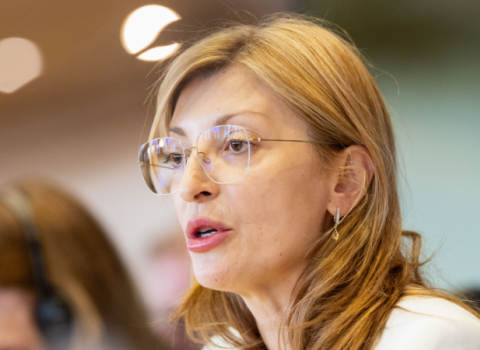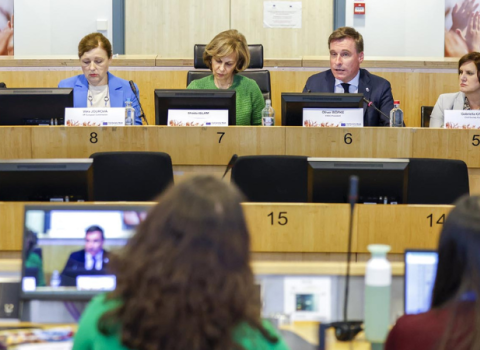A research project involving 19 member states will become the first to operate under a new EU legal status that is designed to make research infrastructure developments involving more than one country easier to set up and simpler to run.
The Survey of Health, Ageing and Retirement in Europe (SHARE) was named as the first European Research Infrastructure Consortium (ERIC) by the European Commission last week, giving access to tax breaks and simplifying administration of the project. SHARE, hosted by Tilburg University in the Netherlands, provides open and free access to data, to support research into the impact of population ageing on European societies, and inform health, social and economic policy.
The founding members of the consortium are Austria, Belgium, the Czech Republic, Germany and the Netherlands, with Switzerland as an observer, while Denmark, Spain, France, Italy, Portugal, Greece, Sweden, Poland, Ireland, Estonia, Luxembourg, Hungary and Slovenia have taken part in the SHARE project and may sign up later to the new legal status.
Máire Geoghegan-Quinn, Research, Innovation and Science Commissioner, said she hopes other cross-border research infrastructure projects will apply for ERIC status. “That would be a major boost to our drive to complete the European Research Area by 2014; we received a clear mandate for that from heads of state and government at the February European Council.”
SHARE was designated as a priority research infrastructure for social sciences in 2006 by the European Strategy Forum for Research Infrastructures (ESFRI), which has drawn up a list of 44 priority infrastructures. The project, set up in 2004, is building a multidisciplinary and cross-national database of the health, socioeconomic status, and social and family networks of more than 45,000 individuals aged 50 and over. This data it intended to help policymakers get to grips with issues such as the implications of ageing for public finances, the labour market, income distribution and family life.
SHARE is also expected to provide important contributions to the pilot European Innovation Partnership on Active and Healthy Ageing, which is currently being launched.
The European Commission has contributed € 30 million to SHARE since the project began in 2004, covering almost 80 per cent of total costs. About € 5 million in funding has come from the US National Institute on Ageing, and from other national grants.
The Commission says further requests to become ERICs are expected in the near future from at least eight other research infrastructures named by ESFRI. Ten of ESFRI’s research infrastructures are now being implemented, with up to 16 more expected to begin by the end of 2012.





 A unique international forum for public research organisations and companies to connect their external engagement with strategic interests around their R&D system.
A unique international forum for public research organisations and companies to connect their external engagement with strategic interests around their R&D system.